Rougned Odor's two new horses and the strangest contract clauses in Major League history
When we think of baseball players signing contracts, we normally focus on the years and dollars. Most of the time, that's all you really need to know. But there's a lot more that goes into every MLB deal, and the extra legalese can include some unexpected and offbeat conditions.
The latest comes from the Rangers and second baseman
Odor will also receive two horses as part of the deal. Yes, real horses:
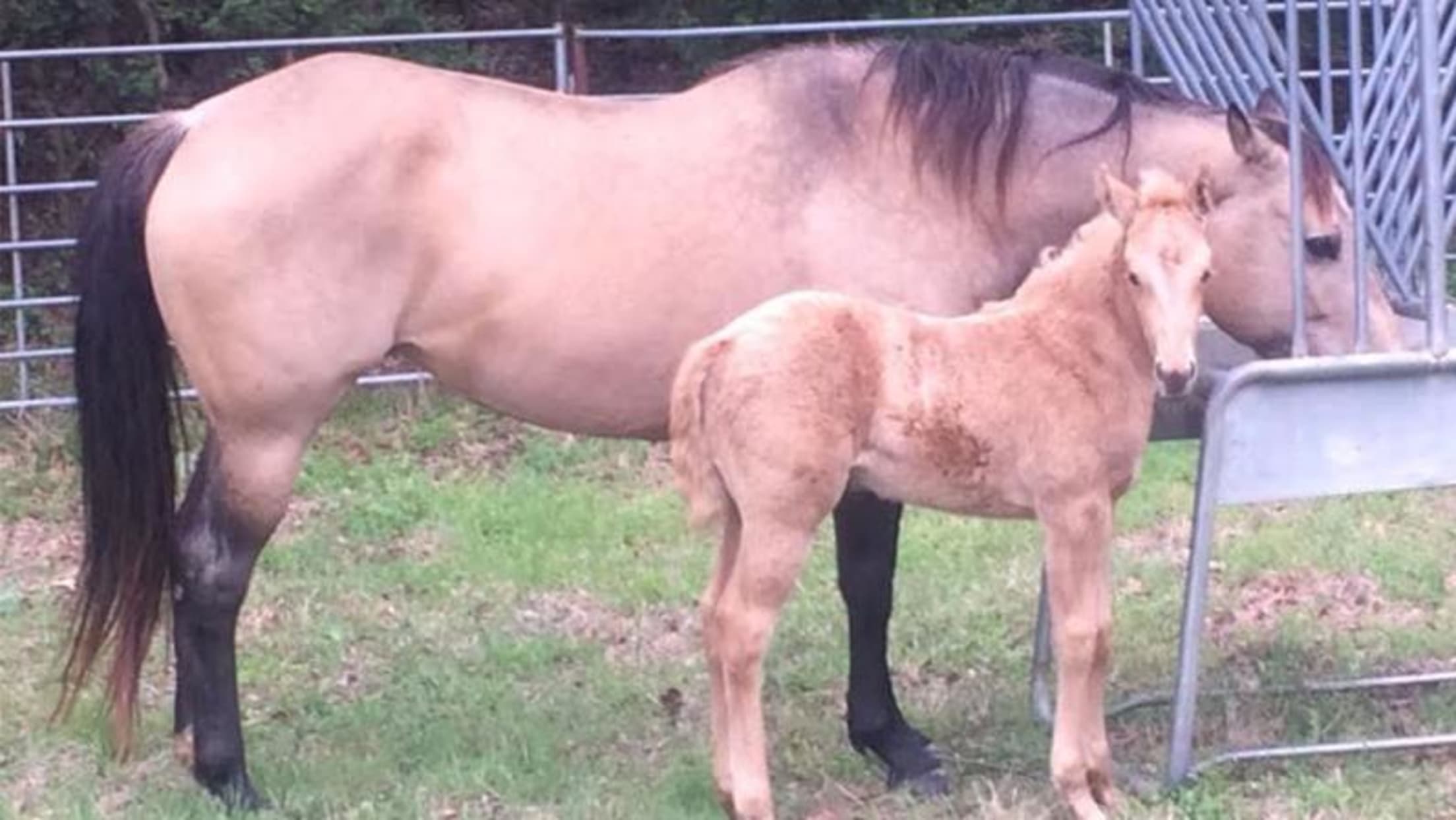
MLB.com's T.R. Sullivan penned a piece about Odor's off-field activities back in October, and revealed that the second baseman enjoys spending his offseason afternoons horseback riding, as he owns four (now, six) horses that live on his family's ranch in Venezuela. In that light, this new contract perk makes all the more sense.
With that as your context, here are nine other relatively off-the-wall or otherwise unique contracts handed out in league history.
While a number of player contracts come with standard award clauses, perhaps the most surprising was the $25,000 incentive that Adam Dunn would have received from the White Sox if he won a Gold Glove. Beyond the fact that Dunn was primarily a DH with the Sox, his career UZR at first base was -41.1: the second worst at the position since the metric's creation.
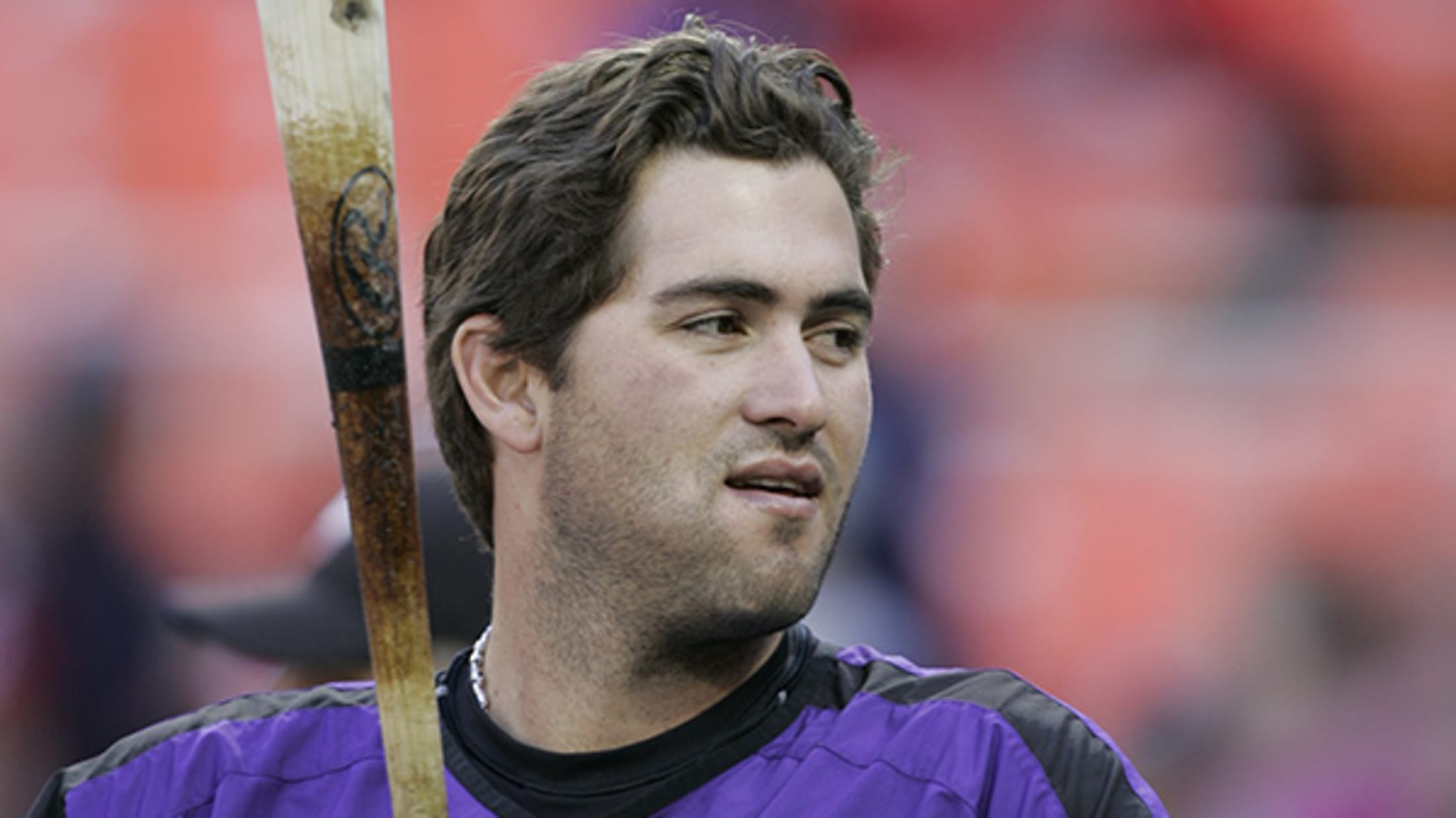
When the third baseman signed with the D-backs in 2005, his contract included a clause calling for $250,000 a year for "personal business expenses." What were those expenses? His wife Anna's equestrian work in three-day-eventing and show jumping.
The names for those horses, if you were curious: Yes My Name is Bob and Rehy Lux.
And when the third baseman was traded to Toronto after just one year in Arizona, the Blue Jays made sure to pick up the slack on the extra expenses.
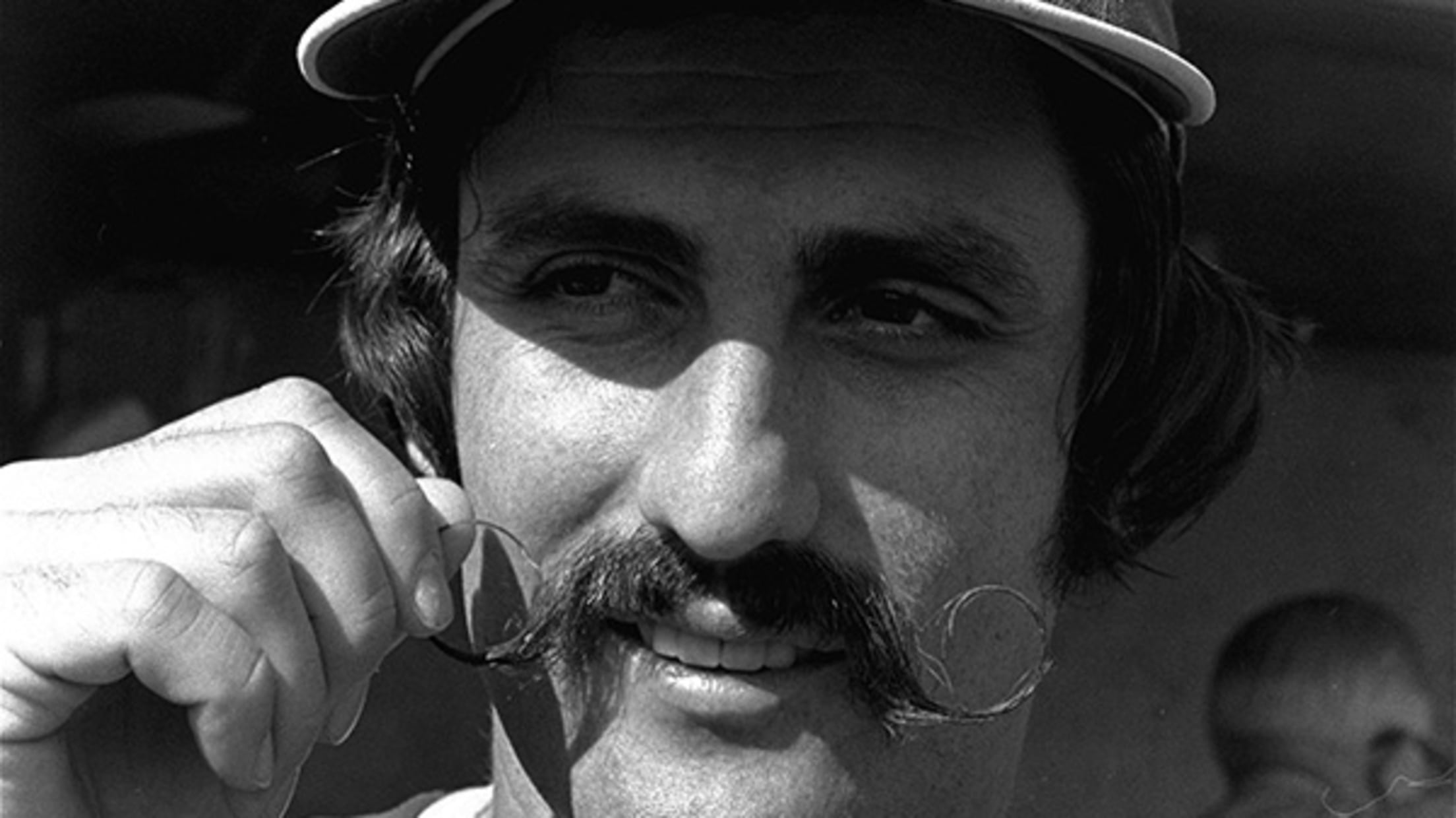
When you think of the greatest mustaches in the facial hair pantheon, there's the Tom Selleck, the Clark Gable and the Rollie Fingers. Were it not for a $300 bonus from Athletics owner Charlie Finley though, the Fingers might never have been born.
After Reggie Jackson reported to camp in 1972 with a fuzzy mustache and refused to shave it, Finley went the other way and encouraged the entire team to grow them. As it morphed into a defining trait for the team and established them as counter-culture icons in the mostly facial hair-less league, Finley decided to hold "Mustache Day" on Father's Day. As part of the promotion, every player who could grow theirs out by that game would earn a $300 bonus. While many of the players kept their facial hair, it was Rollie Fingers' whirling dirvish of a stache that stood out.
Realizing that this was his #brand long before people did things like write #brand, Fingers not only kept the mustache, but he had a clause added to his contract where he would be supplied with $100 of mustache wax every year.
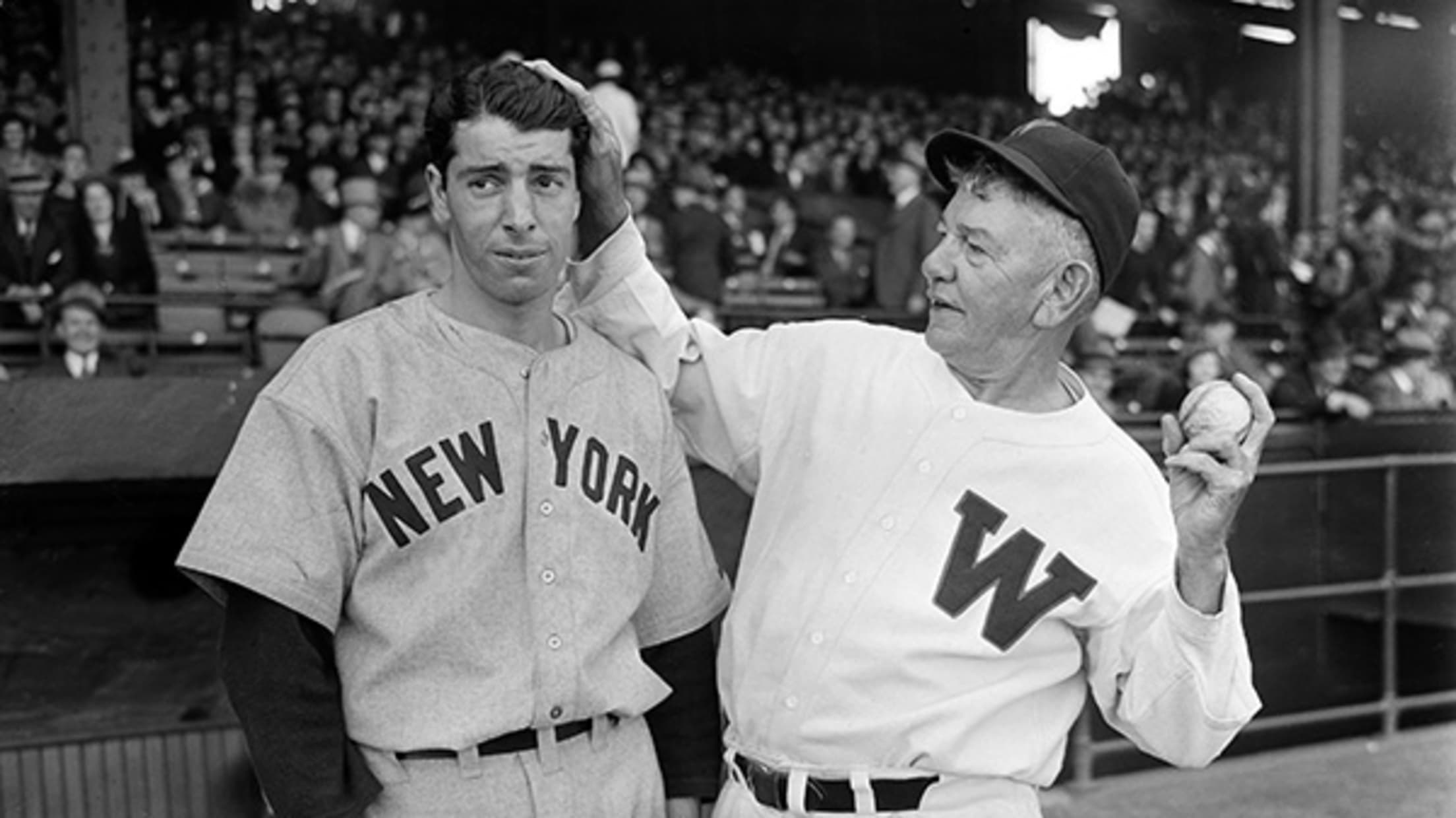
Joe DiMaggio's seemingly untouchable record of 56 straight games with a hit came up just a little short ... according to Heinz, at least. Had the Clipper reached 57 games, matching the "57 varieties" shown on Heinz ketchup bottles, he would have netted himself a cool $10,000.
Though it's possible that the deal was just talk and never formalized, DiMaggio was about not getting paid - and for good reason: A $10,000 bonus was equivalent to roughly a quarter of his 1941 salary.
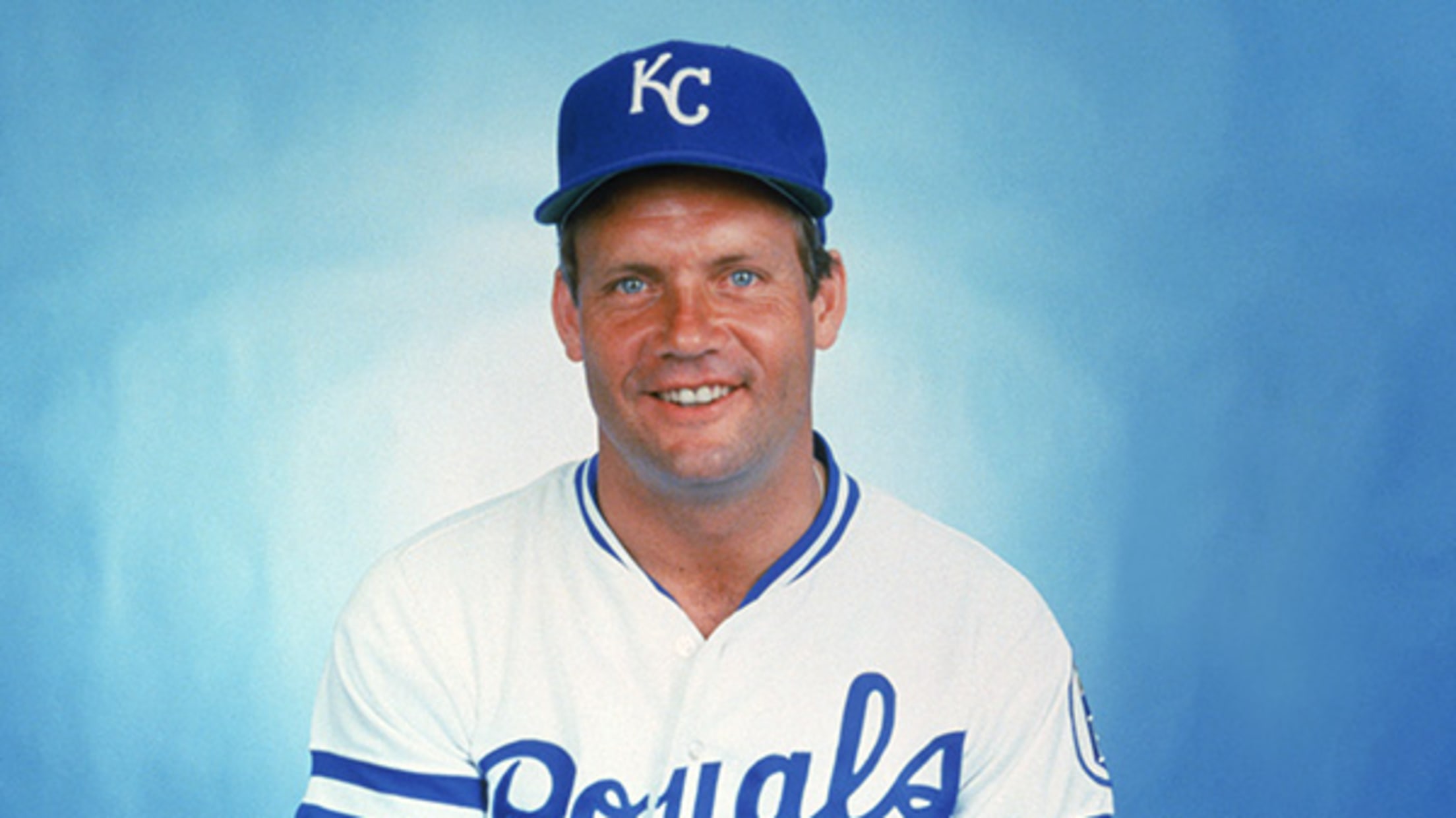
What do you do when your team is located in one of the smaller markets in baseball, but you want to make sure that you can keep the face of your franchise around? You get him in on the real estate market.
With then-owner Avron Fogelman possessing a hefty portfolio of apartment and land holdings, Royals Dan Quisenberry and Willie Wilson got "lifetime" deals by investing in some of Fogelman's apartment complexes. But when it came time to sign Brett before the 1987 season, the team came up with a more creative solution: Actually giving him a salary from the Country Squire complex that was being built. We're not sure if he ever responded to those calls to unclog the drain, though.
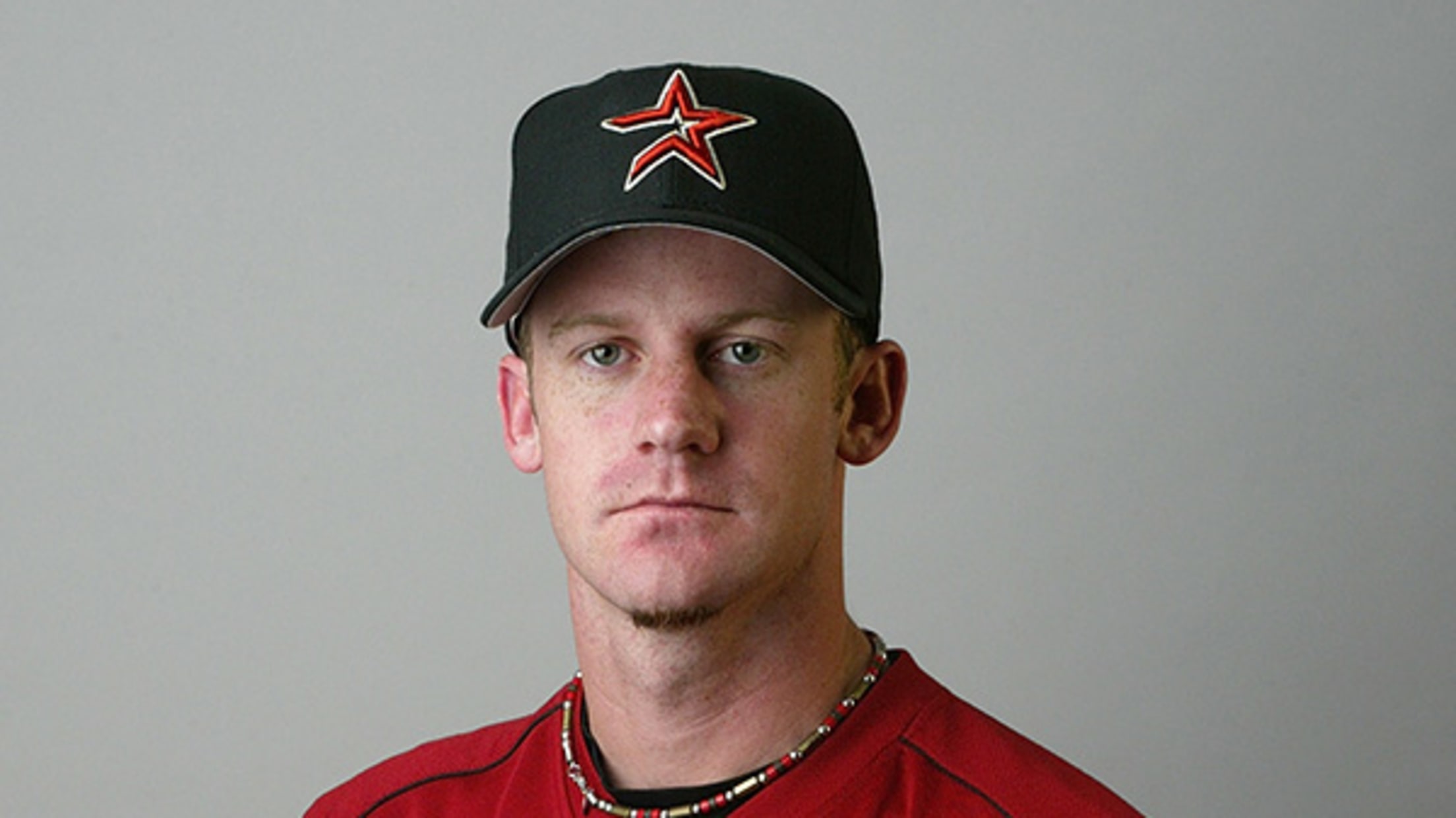
Most ballplayers want souped up cars that look more like discarded Batmobile designs than construction equipment. Not so for former Astros Roy Oswalt, who instead dreamed of a bulldozer. Before Oswalt's start against the Cardinals in Game 6 of the 2005 NLCS, then-owner Drayton McLane promised the pitcher that if he won, he'd get the bulldozer that he had always dreamed of.
Said McLane, after presenting Oswalt the construction equipment (with a red bow atop it):
"Each year, with our players, I ask them what their goals are. I said, 'Roy, what is one of your goals?' He said, 'To own a bulldozer.' That kind of took me back a little bit. I had never heard that before.'"
And because all high-priced gifts have to be disclosed, it was essentially a bonus given to Oswalt. Said GM Tim Purpura, "We've achieved a great historical milestone" for the first "bulldozer clause."
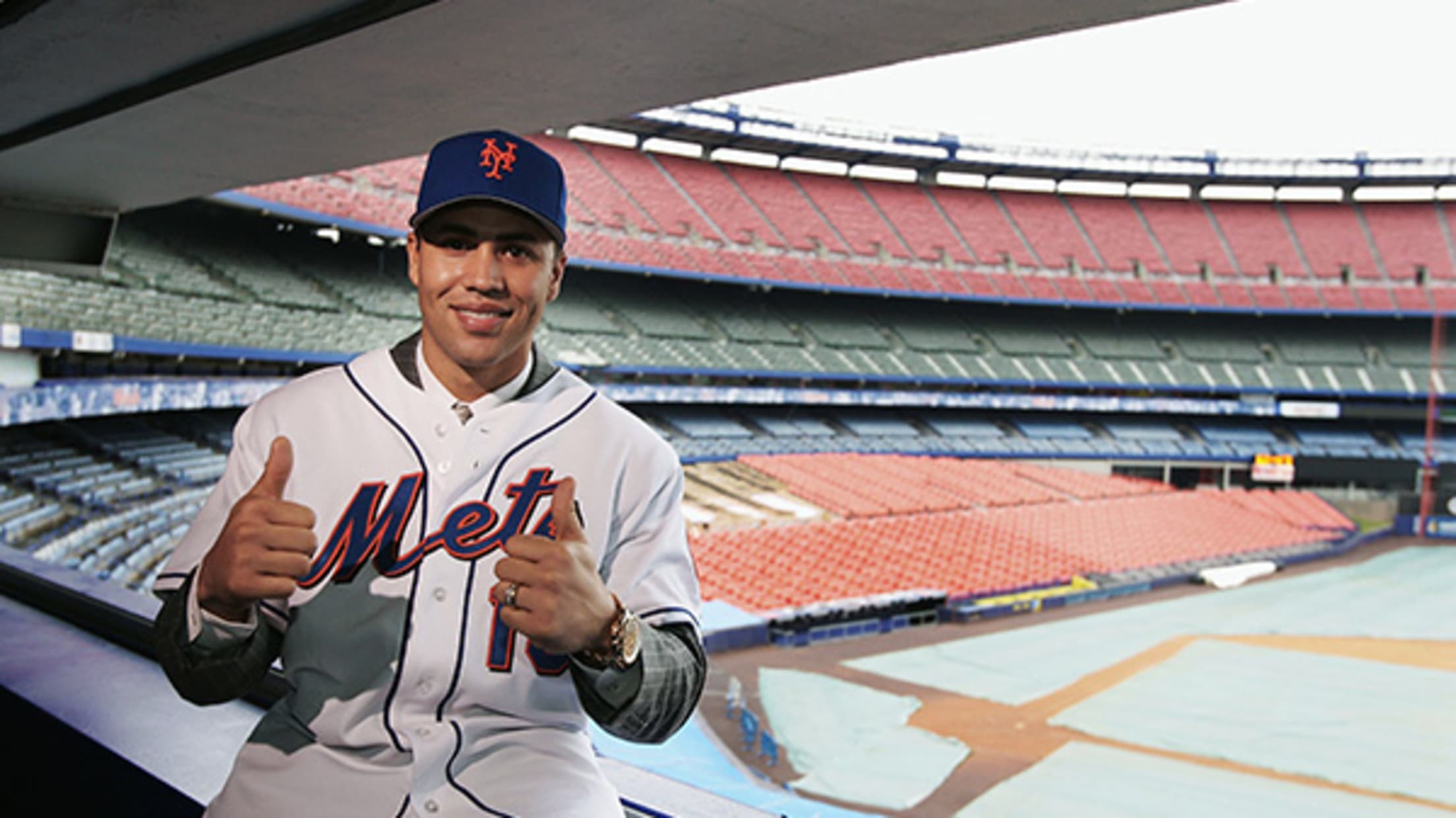
When Carlos Beltran signed his $119 million deal with the Mets in 2005, he made sure there was a clause guaranteeing the lease of a "Conditioned Ocular Enhancement" training system, complete with trainer who could use it.
Huh?
I'll let USA Today explain:
The machine is relatively low-tech - a motor propels tennis balls out a 6-foot pipe. Each ball is inscribed with a number from one to nine, in red or black ink. The hitter, standing about 60 feet away and taking his normal batting stance, tracks the ball to the plate, trying to read the number and color...
A typical exercise will start shooting the ball at game speed (90 mph) and increase it to 150 mph, with random rotations. When returned to the original speed, and subsequently in live game action, the ball seems much slower and larger to the hitter, [Mets trainer Mike] Victorn says.
After Beltran and Juan Gonzalez helped pay for the $80,000 system with the Royals the year before, Beltran wanted his new team to foot the bill in his new deal. Just think of it like your work covering your gym membership.
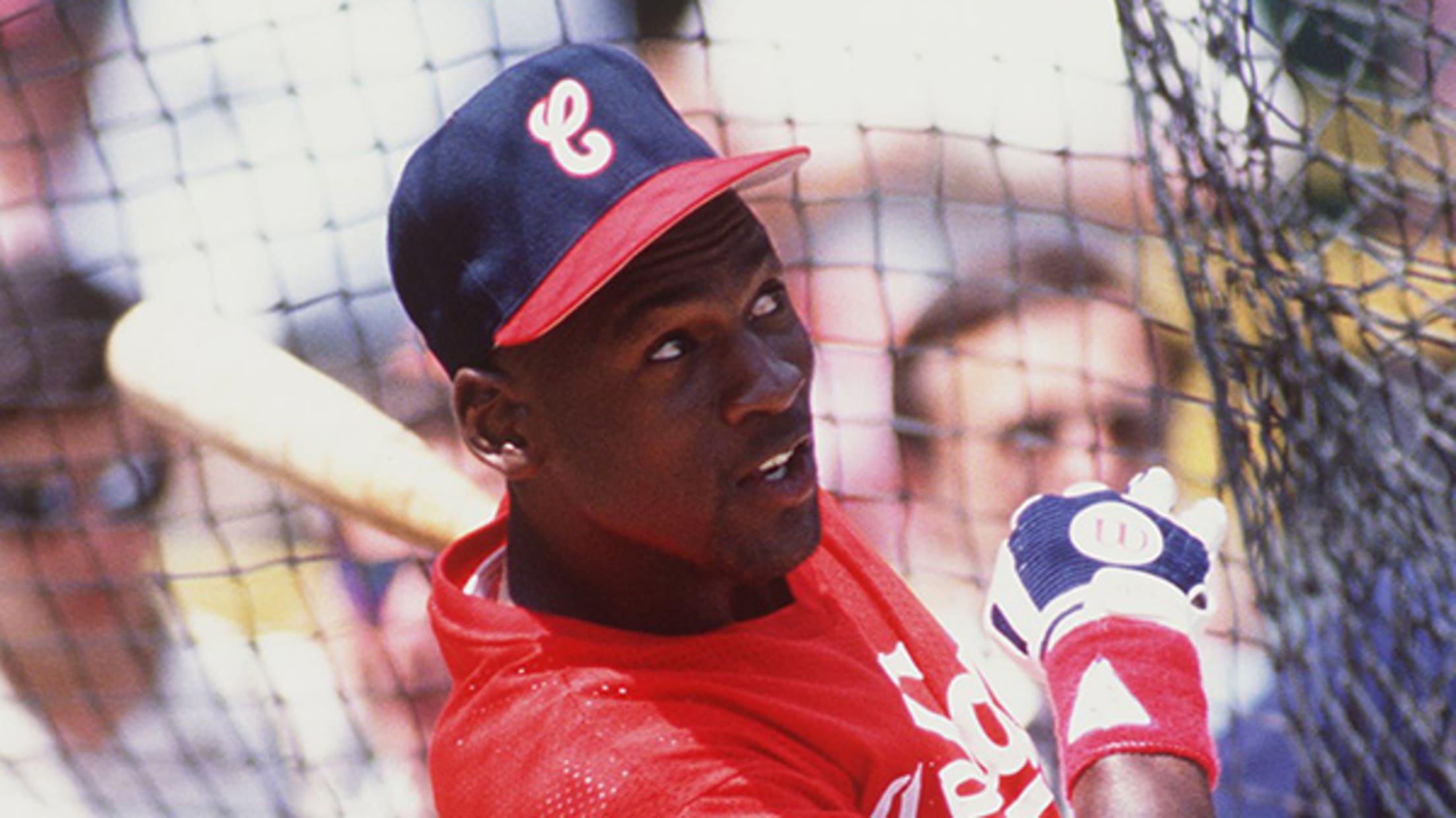
When Michael Jordan left basketball to play baseball for the 1994 season, it was huge news. After all, the greatest player in NBA history left the sport to ride around on cramped buses and play in stadiums that held just a fraction of what an NBA arena could. Turns out, he wasn't actually leaving a lot of money on the table in the process.
While Minor League players don't earn much, Jordan was still pulling in a cool $4 million thanks to Jerry Reinsdorf, who owned both the Chicago Bulls and the White Sox. The marketing possibilities would have made the contract a bargain if Jordan made the Majors, which might not have been that far-fetched of an idea. Jordan's MiLB manager -- a guy by the name of Terry Francona -- actually thought it would have been possible had he stuck with the sport.
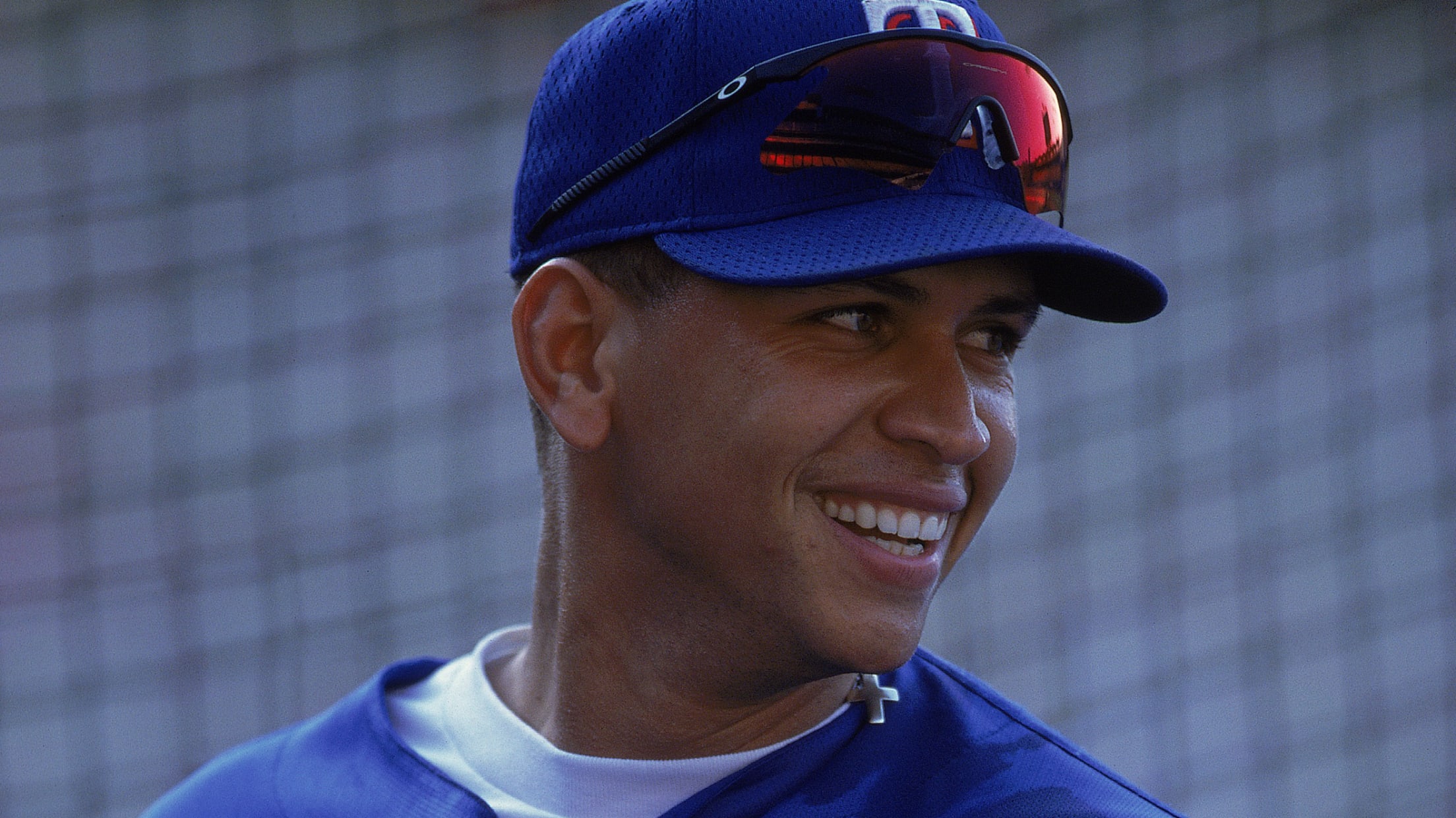
Alex Rodriguez's $252 million contract with the Rangers in 2001 -- the biggest ever, at the time -- raised a lot of eyebrows, but it was a clause in that contract that's most intriguing. A-Rod was due to earn $150,000 if he won the Division Series MVP Award. Pretty cool, right?
One catch: There is no MVP award given out during the Division Series. Whoops.
A portion of the above appeared on Cut4 in April 2016





